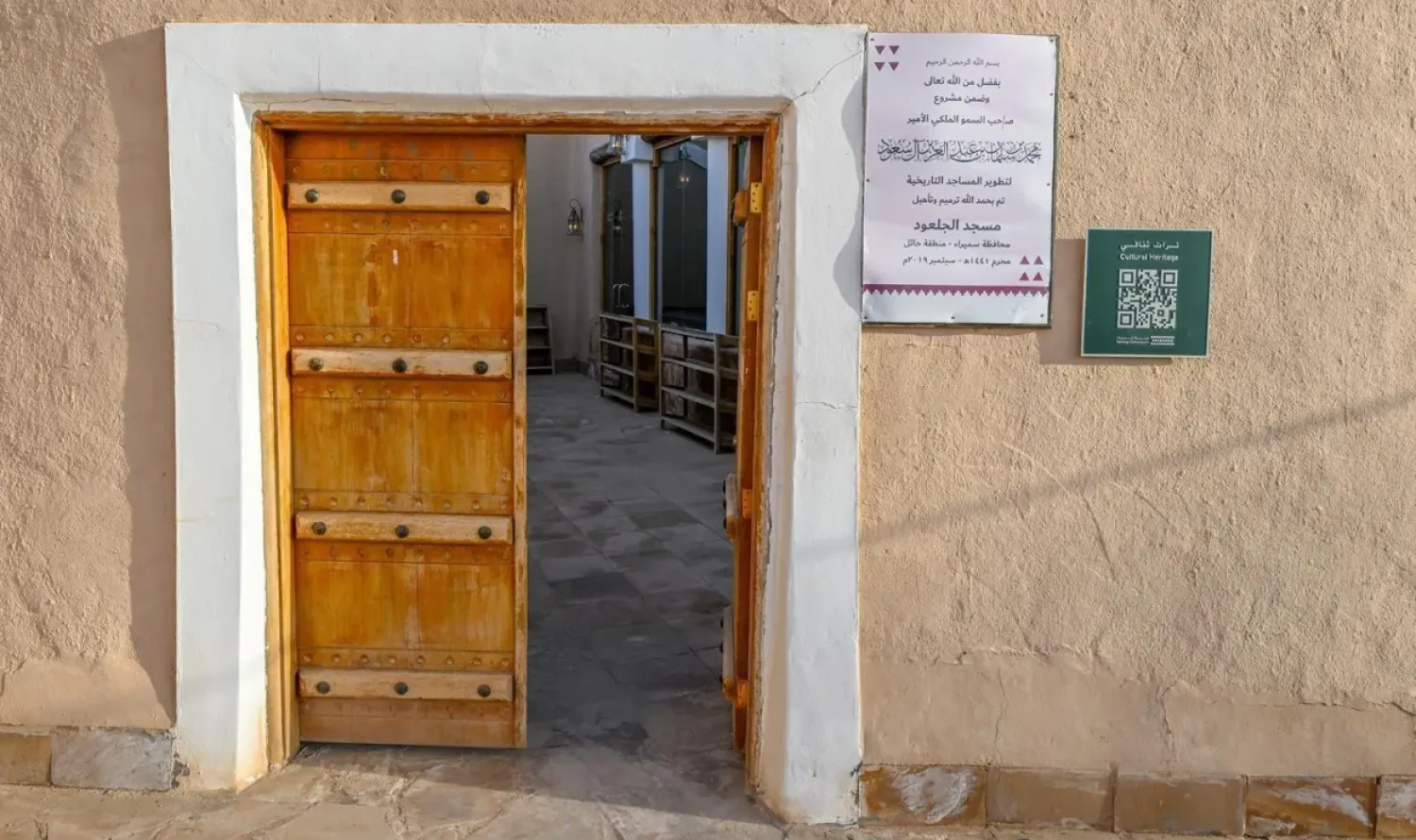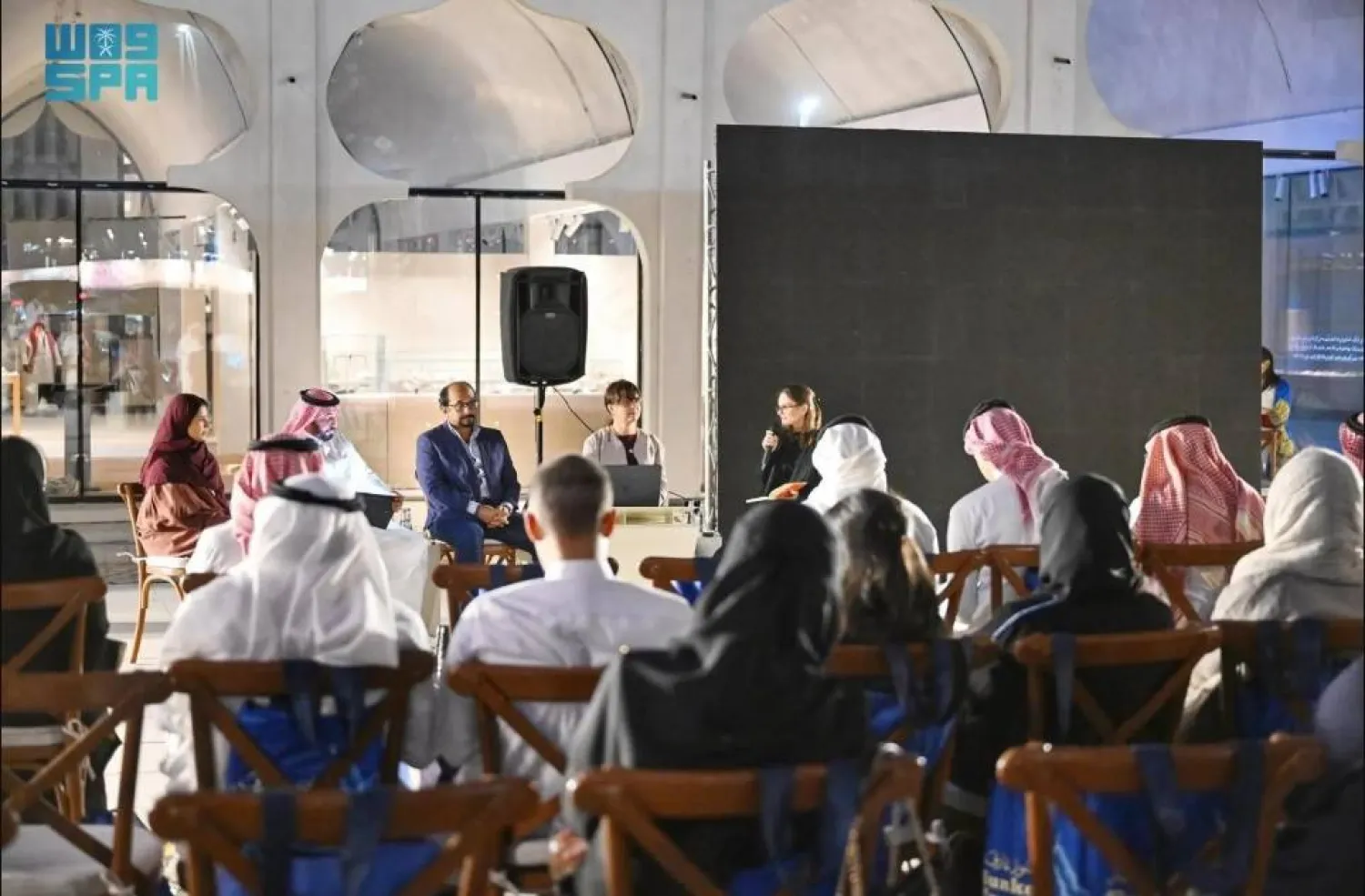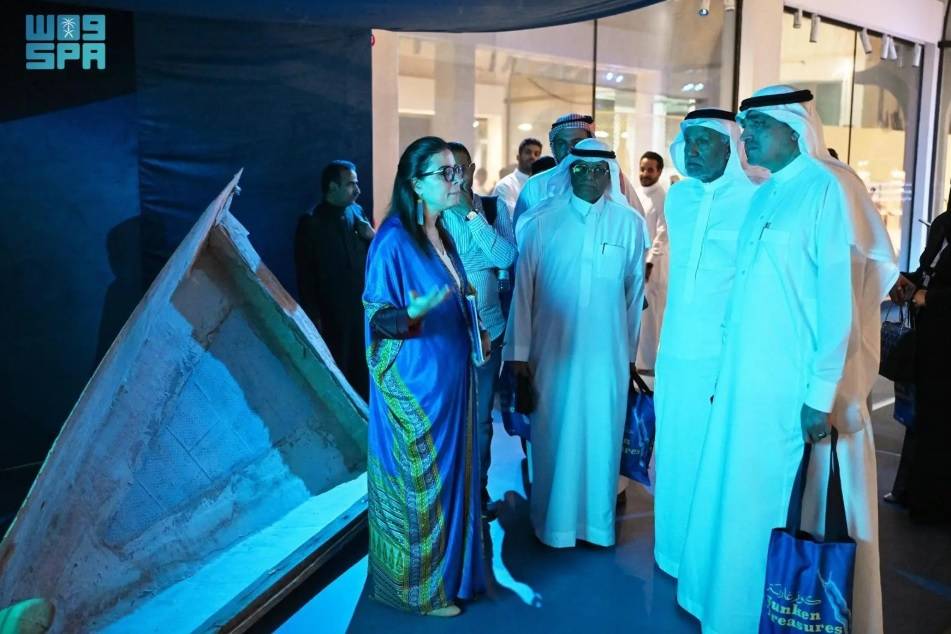Dubai Culture and Arts Authority has signed a Memorandum of Understanding with the UAE Falcons Federation to strengthen collaboration in promoting awareness of Emirati heritage among the public, Emirates News Agency (WAM) reported on Thursday.
Both entities will work together to organize a series of initiatives and activities focused on preserving Emirati heritage and culture, WAM said. This partnership reflects the commitment of both parties to instill a deeper sense of national identity in society and contribute to the preservation and promotion of heritage sports, the news agency added.
The MoU defines the roles of both parties, allowing the UAE Falcons Federation to use facilities at Dubai Culture's museums to organize a range of events, workshops, and activities aimed at introducing visitors and local community members to heritage sports and falconry competitions.
Mansoor Lootah, CEO of the Operations Support Sector at Dubai Culture/Acting Director-General of Dubai Culture, affirmed the importance of partnerships formed with heritage entities in the country, strengthening the role of the authority in motivating the public to explore the elements of Emirati heritage and culture in all its beauty and authenticity.
Lootah said: "Heritage sports are an integral part of our culture and history; they are customs passed on through several generations and still maintain an important role in the Emirati society. Dubai Culture is keen to introduce them by highlighting their artistic aspects, history, and presence in the local scene, contributing to raising awareness of the importance of heritage sports that we cherish."
"Falconry, as a traditional and heritage sport, is closely tied to our culture, history, and national identity. This MoU represents an opportunity to continue introducing this sport, its details, and practices, especially in light of the increasing interest of the younger generation in various technological advancements,” said Secretary-General of the UAE Falcons Federation Rashid bin Markhan.
“This amplifies our responsibility to create innovative solutions and initiatives to instill the importance of heritage sports and their noble values in the hearts of future generations. It also aligns with our joint strategic goals to promote the culture of falconry and familiarize people with its principles."










